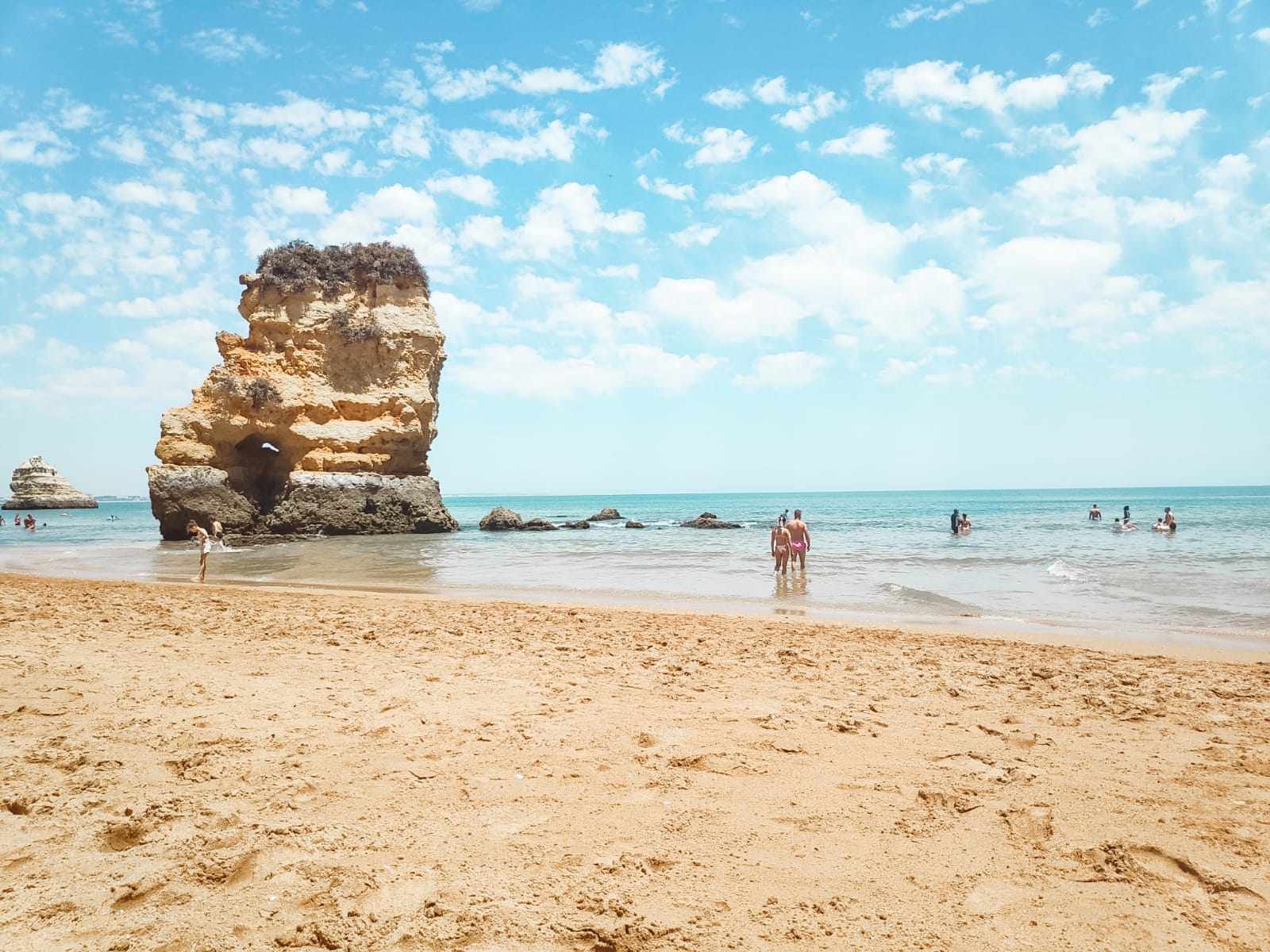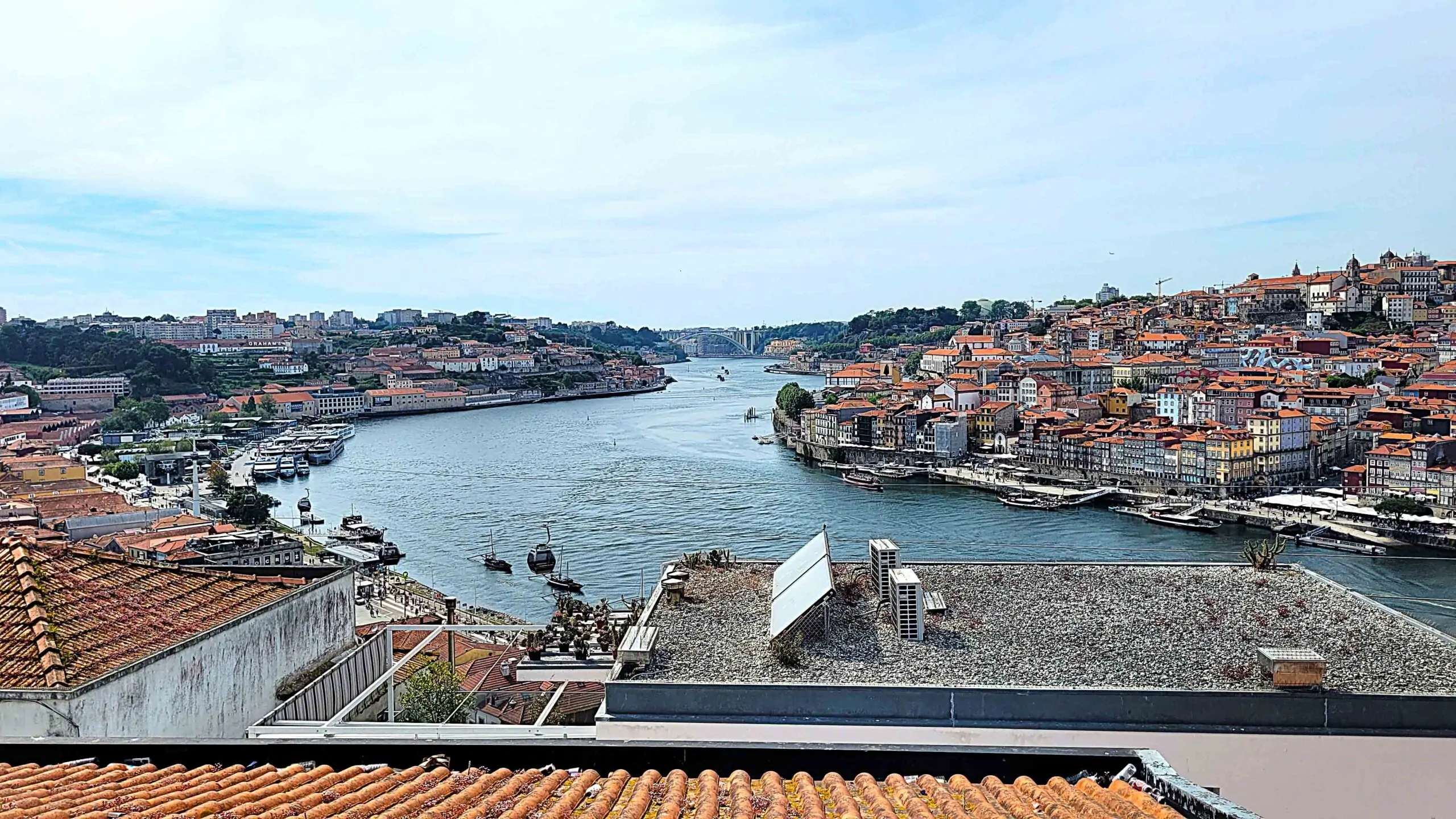We’ve already discussed why retiring in Algarve is a good thing. No! It’s a great thing! But now we want to point out facts to help you decide if this is also good for you. Ready? Let’s meet the Algarve in more detail.
What is the biggest city in the Algarve?
According to the most recent official data from Pordata for 2020, the largest city in the Algarve is Loulé, with 68,000 inhabitants, followed by Faro, the capital, with 60,000 inhabitants.
The 437,000 inhabitants of the Algarve are distributed across its 16 municipalities (or councils), and the 10 largest cities are:
Loulé, 68 thousand inhabitants;
Faro, 60 thousand inhabitants;
Portimão, 55 thousand inhabitants;
Olhão, 44 thousand inhabitants;
Albufeira, 41 thousand inhabitants;
Silves, 36 thousand inhabitants;
Lagos, 30 thousand inhabitants;
Tavira, 24 thousand inhabitants;
Lagoa, 22 thousand inhabitants;
Vila Real de Santo António,18 thousand inhabitants.
What about the busiest city in the Algarve?
During high season or low season? Because when it comes to the Algarve, we always have to ask that question.
In 2019, the Algarve received more than 2 million tourists between June and September. So, in summer, the busiest city is undoubtedly Albufeira. It gets crowded with people on vacation – mostly British!
However, throughout the year, the busiest city and also the busiest nightlife is the capital: Faro.
Which city in the Algarve has the best cost of living?
It can vary greatly from person to person. It depends on consumer habits, the time dedicated to rent research, personal tastes, and much more. It is possible, though, to live in the Algarve with very little money, but remember that this is also the place where millionaires want to move.
If you are not looking to spend a lot and still want to live in the region, check out the list of cities and towns with the lowest cost of living:
Armação de Pêra;
Olhão;
Quarteira;
São Brás do Alportel;
Monchique;
Vila Real de Santo António.
Tip to rent an apartment with the best cost:
The people of the Algarve have the habit of saying that to live in the region for less, you should try to live in areas “above the National Road N-125”. This road runs through the Algarve from east to west, dividing the region in half.
The reason to choose to live there is because the urban centers located south of the N-125 and close to the sea have higher prices. Therefore, to the north or “above” the road, you will find cheaper houses and rents.
Also: never look for a house to buy or rent during summertime. NEVER!
Consider living in the towns and villages of the Algarve
Although it seems strange to consider living in a village or a small town, nowhere in the Algarve you’ll be far from hospitals, schools, and even shopping malls. Everything is very close. Also, if you are looking for a quieter place to live in the Algarve, keep in mind not only the cities but also the towns and villages.
In Portugal, urban centers are divided into three categories: villages, towns, and cities. The villages are quite small with a small population generally working in the fields. Towns are slightly larger with greater economic self-sufficiency, and cities are even larger and more independent.
Some of the best villages to live in the Algarve are:
Carvoeiro, in the municipality of Lagoa;
Ferragudo, close to Portimão;
Monchique, in the middle of the Monchique mountains;
Alvor, in the municipality of Portimão;
Burgau, near Lagos.
What is the best city in the Algarve to live in?
There isn’t a single best fit for all because each one has different tastes, needs, and most importantly, different budgets. But there are some tips we can give you to help choose the better fit.
For example, families and young workers generally prefer Portimão or Albufeira. Retirees and income holders prefer Lagos or Vilamoura. Students go to Faro, of course. And those on a budget will love Silves and Quarteira.
But who’s going to know which is the best city in the Algarve to live in is YOU!
Wherever you choose, you’ll be close to large public and private hospitals, good schools, shopping malls, and gyms, not to mention the beaches.
So, what’s your next destination?




